
Taconic Awards Academic Grants to Advance Autoimmune, MASH (formerly known as NASH), and Neuroscience Research
As a company deeply committed to advancing human health, Taconic regularly awards academic grants to researchers in the nonprofit sector in the form of donated animal models. We're pleased to announce we have awarded 18 academic grants in our latest funding cycle, supporting studies on autoimmune disease, metabolic dysfunction-associated steatohepatitis (MASH), and neurodegenerative and neurologic diseases like Alzheimer's and schizophrenia.
The Taconic Academic Grant Program is open to researchers in academic institutions, government agencies, and non-profit organizations in North America and Europe. Grant proposals originate from researchers across the full spectrum of their careers, including principal investigators, project scientists, staff scientists, postdoctoral fellows, and graduate students.
The number of grants Taconic awards is based on the quality of the proposals, which are scored based on scientific merit, technical feasibility, choice of appropriate model, applicant's CV, and fit with our stated priority research areas. The large number of grants awarded in this cycle is a testament to the outstanding research projects these investigators are undertaking.
For example, Alison Louise Barth, a professor at Carnegie Mellon University, is studying early circuit abnormalities in animal models of Alzheimer's using the Taconic APPSWE mouse model. "Synapse-specific reorganization in hippocampal neurons can precede amyloidosis in rodent models of Alzheimer's disease," Barth said. "We're excited to see whether these changes are conserved across different mouse strains."
Sailendra Nichenametla, from the Orentreich Foundation for the Advancement of Science, is "delighted to receive a Taconic Biosciences academic grant. This award is a great fillip to my Nutrition, Aging, and Metabolic Diseases Research Program at the Orentreich Foundation as it not only stretches my budget but also shortens the time required to evaluate our interventions due to the availability of an off-the-shelf MASH model."
Other funded projects include research on the link between obesity and melanoma, cognitive dysfunction in a rodent model of MASH, and the potential of a novel rheumatoid arthritis treatment, among many others.
Below is a list of the 18 winners in our latest Academic Grant Program cycle, their funded projects, and the Taconic models they were awarded. Congratulations to our latest grant winners and to all the investigators who submitted proposals on their innovative research work!
| Recipient | Project Title | Model Awarded |
| Mohammed Abdelsaid Mercer University School of Medicine | How obesity fuels melanoma, role of obesity-induced Ephrin-B2 signaling | Diet Induced Obese (DIO) B6 (model #DIO-B6-M) |
| Alison Louise Barth Carnegie Mellon University | Early circuit abnormalities in animal models of Alzheimer's disease | APPSWE (model #1349) |
| Nicolas Bertrand Université Laval | Impact of natural antibodies on the biological fate and immune response to PEGylated nanoparticles | Jh Mouse (model #17758) and Fcgr2b (FcγRII) (model #580) |
| Caroline Browne Uniformed Services University | Evaluating the potential of (2R, 6R)-hydroxynorketamine as a novel treatment for rheumatoid arthritis | TNF-α (model #1006) |
| Nickolay Brustovetsky Indiana University School of Medicine | CRMP2 hyperphosphorylation and mitochondrial dynamics in Alzheimer's disease | APPSWE (model #1349) |
| Jessica Burket Christopher Newport University | Behavioral and molecular characterization of adolescent Df(h22q11)/+ mice | Human 22q11.2 Deletion [Df(h22q11)/+] Mouse (model #11026) |
| Alfredo Cappariello Università degli Studi dell'Aquila | Targeting senescence and ferroptotic pathways to ameliorate non-alcoholic fatty liver disease (NAFLD)/non-alcoholic steatohepatitis (MASH) progression induced in a mouse model of Western pattern diet | Diet Induced MASH B6 (model #MASH-B6-M) |
| Holly Hunsberger Rosalind Franklin University of Medicine and Science, The Chicago Medical School | Cognitive training to enhance cognitive reserve in aging and hTau mice | Tau Random Transgenic (model #2508) |
| Jose H. Ledo Medical University of South Carolina | Neuro-immune basis for selective neuronal vulnerability in Alzheimer's disease | Tau Random Transgenic (model #2508) and ARTE10 (APP-PS1) (model #16347) |
| Zhiqiang Lin Masonic Medical Research Laboratory/Institute | Characterizing the cardiac phenotype of obese and MASH mice | Diet Induced MASH B6 (model #MASH-B6-M) and Diet Induced Obsese (DIO) B6 (model #DIO-B6-M) |
| Sailendra Nichenametla Orentreich Foundation for the Advancement of Science | Pharmaceutical and dietary interventions to ameliorate Mallory-Denk body formation in the context of high fat diet-induced non-alcoholic steatohepatitis | Diet Induced MASH B6 (model #MASH-B6-M) and Diet Induced Obsese (DIO) B6 (model #DIO-B6-M) |
| Ilaria Piccialli University of Naples | P2Y12R-KV2.1 interaction in neuronal hyperexcitability in Tg2576 AD mouse model | APPSWE (model #1349) |
| Elena Puris Heidelberg University | Revealing changes in expression of membrane transporters and receptors at the brain barriers of Tau random transgenic mouse model | Tau Random Transgenic (model #2508) |
| Lars Sävendahl Karolinska Institutet | Humanin as a novel target to improve bone health in TNF-induced chronic inflammation | TNF-α (model #1006) |
| Sarah Stern Max Planck Florida Institute for Neuroscience | Cued overconsumption in diet induced obese mice | Diet Induced Obsese (DIO) B6 (model #DIO-B6-M) |
| Sui-Seng Tee University of Maryland | Insulin-like Growth Factor Alters Hepatic Fructose Metabolism in Non-Alcoholic Steatohepatitis (MASH) | Diet Induced MASH B6 (model #MASH-B6-M) |
| Karen Louise Thomsen Aarhus University Hospital | Cognitive dysfunction in a rodent model of MASH | Diet Induced MASH B6 (model #MASH-B6-M) |
| Jian Zheng University of Louisville | Central nerve system disorders in long COVID mice model | APPSWE (model #1349), Tau Random Transgenic (model #2508), and ARTE10 (APP-PS1) (model #16347) |
Cycle 3 Coming Soon
Due to the overwhelmingly positive response to the Academic Grant Program, Taconic will be offering a 3rd cycle of this Program. Please fill out this form to Request a Model you would like to see offered in the next round.






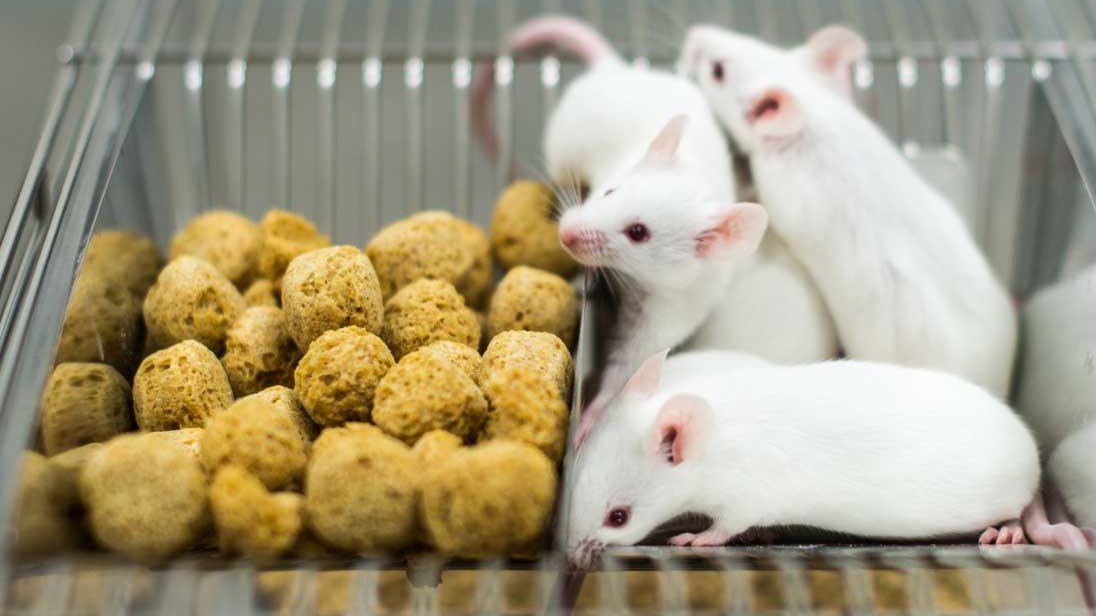








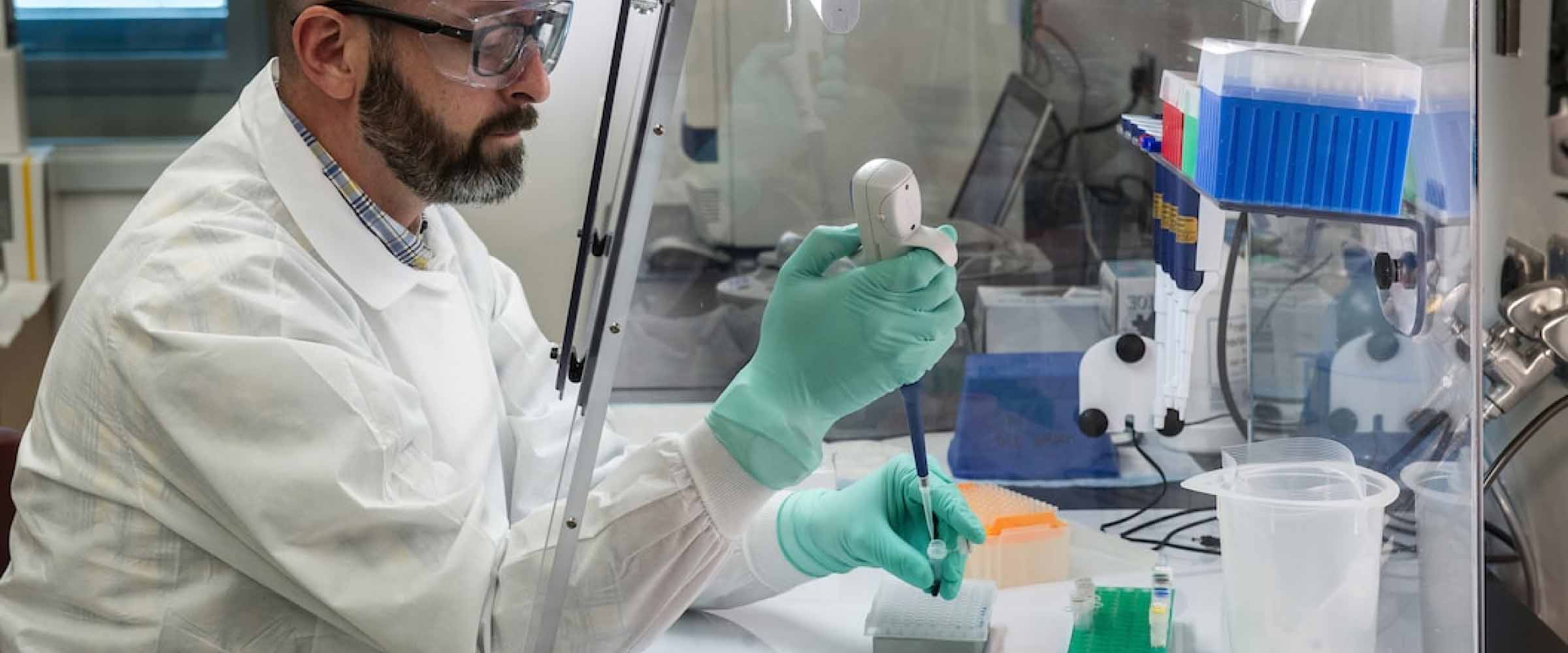
.jpg)

.jpg)
.jpg)
.jpg)
.jpg)
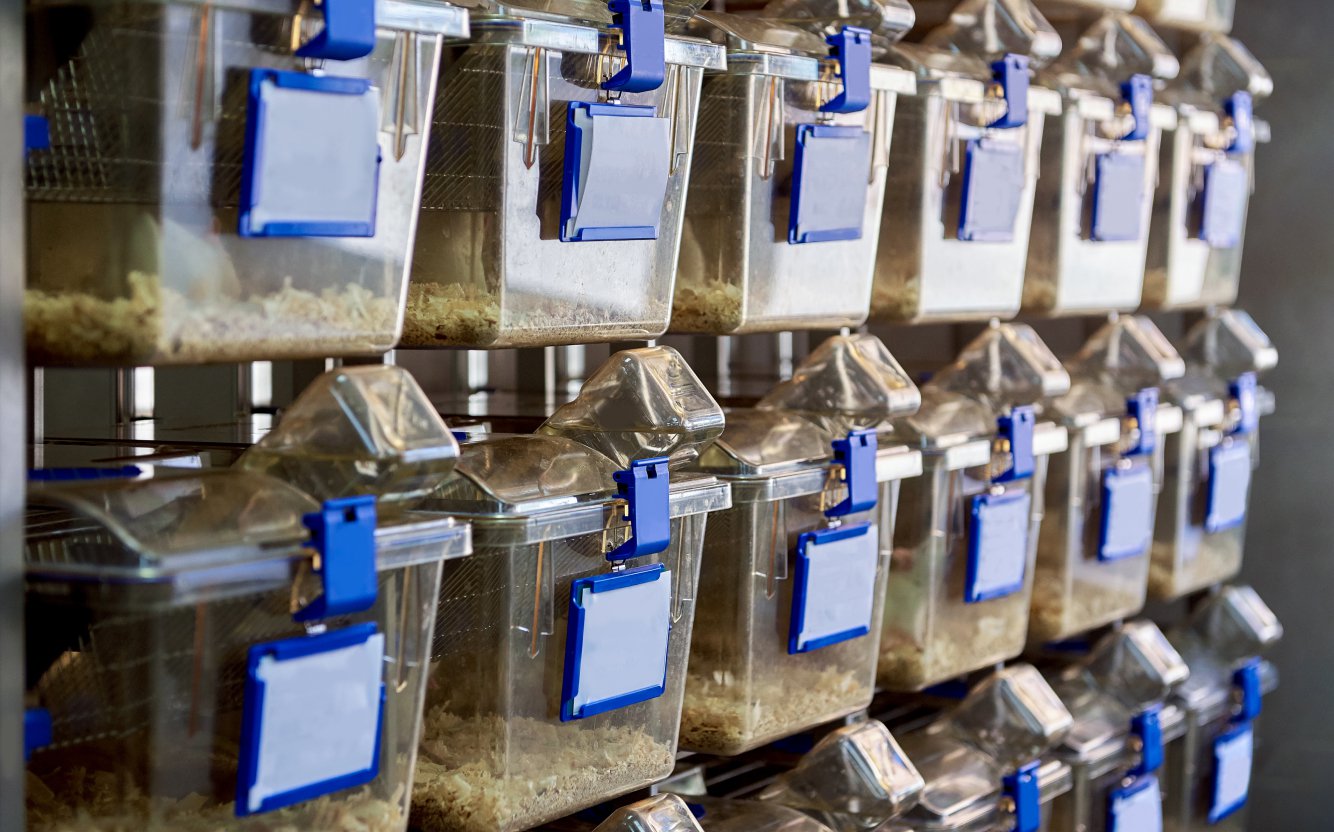

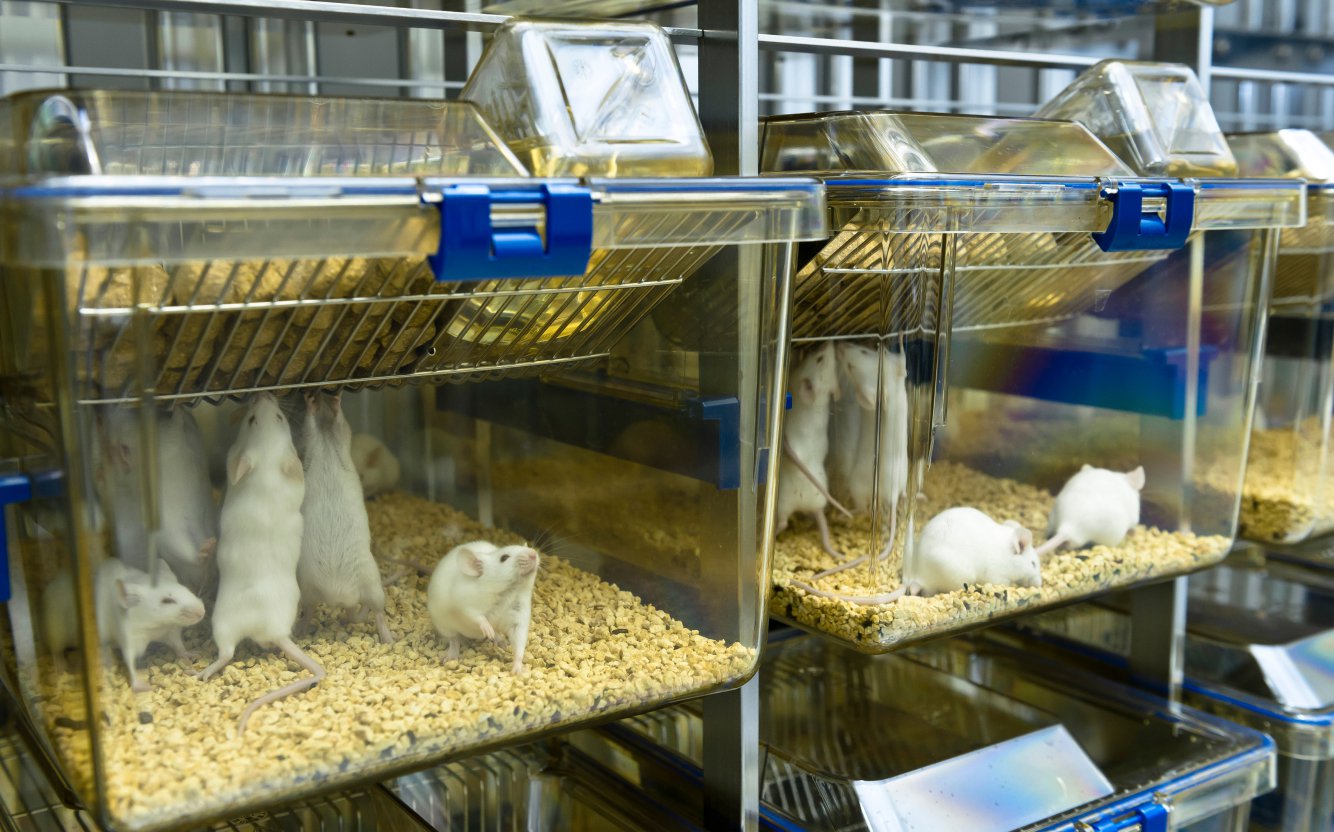


.jpg)


.jpg)
.jpg)

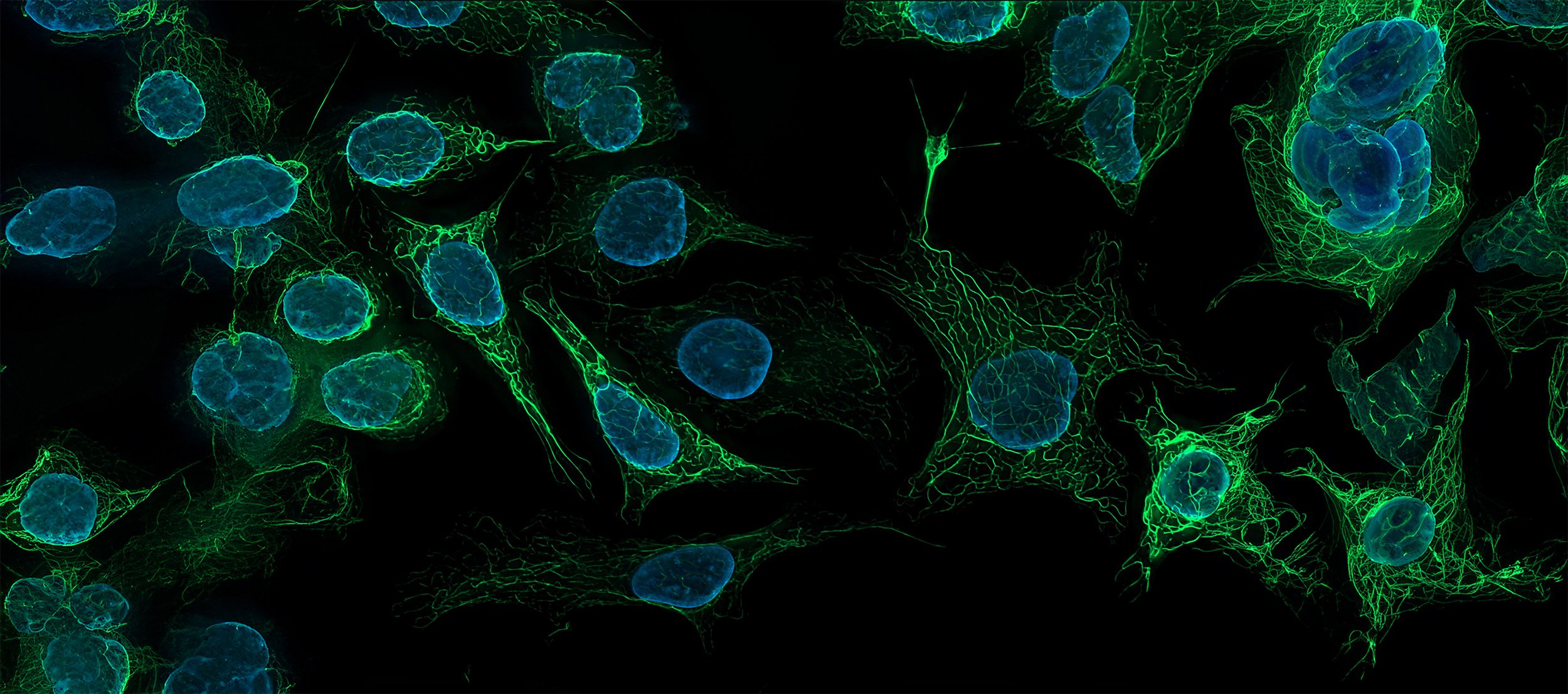
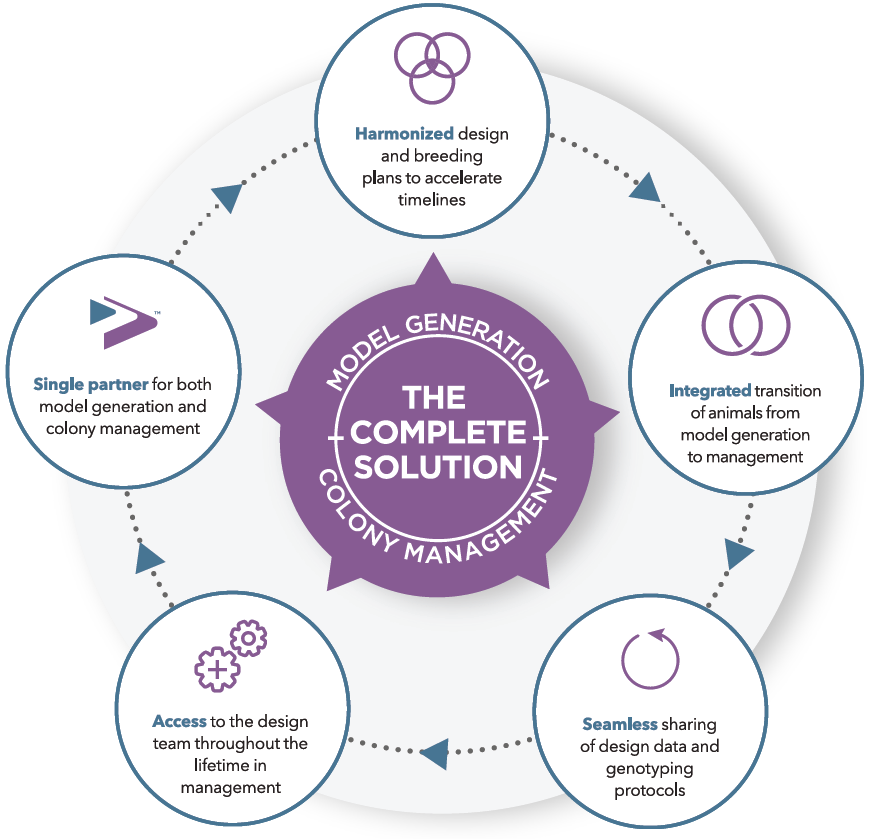

.jpg)

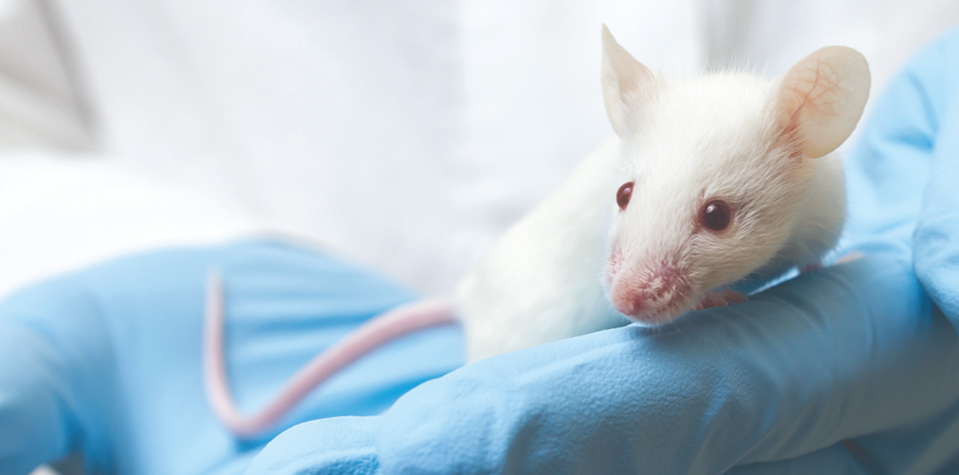

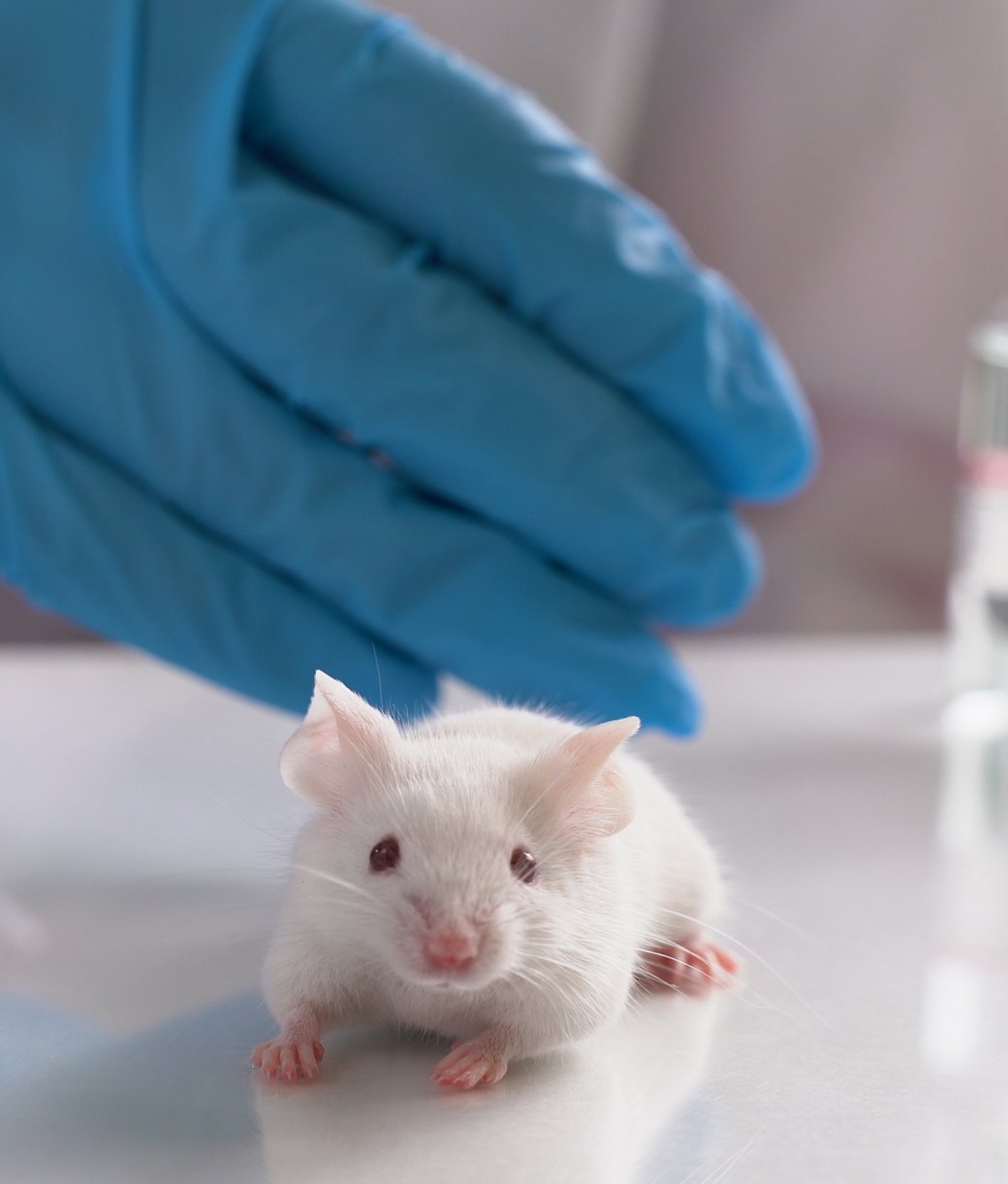

.jpg)

.jpg)


